
Blackthroated Diver Arctic Loon (Gavia arctica) Tyresta N… Flickr
The Black-throated Loon (Gavia arctica), is a medium-sized member of the loon or diver family. The species is known as an Arctic Loon in North America and the Black-throated Diver in Eurasia, its current name is a compromise proposed by the International Ornithological Committee. More
Blackthroated loon BirdForum
Black-throated loon, (Arctic Loon) during winter migration A pair of Arctic Loons on the water together Arctic Loon On this page What does an Arctic Loon look like? In adult breeding plumage, the upper parts are predominantly black with white squares across the mantle at the base of the neck and the shoulders.

Blackthroated Loon Loons can be very curios some times. T… Flickr
The black-throated loon ( Gavia arctica ), also known as the Arctic loon and the black-throated diver, is a medium-sized member of the loon or diver family, the Gaviidae . It is a migratory aquatic bird found in the northern hemisphere. It usually breeds in freshwater lakes in northern Europe and Asia. It winters along sheltered, ice-free.

Blackthroated Loon storlom Gavia arctica Stockholm, S… Flickr
Timing and Routes of Migration. Control and Physiology of Migration. Drinking, Pellet-Casting, and Defecation. Self-Maintenance. Demography and Populations. Measures of Breeding Activity. Life Span and Survivorship. Population Spatial Metrics. Priorities for Future Research.
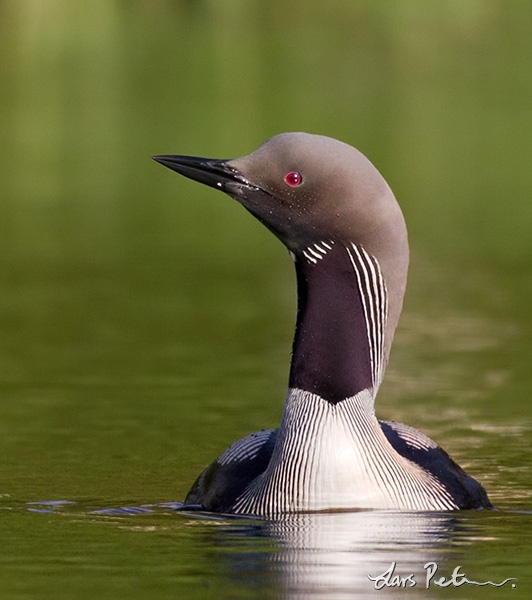
Blackthroated Loon Loons (Divers) and Grebes Swedish Birds Gallery My World of Bird
Black-throated Divers or Arctic Loons. Black-throated Divers (Gavia arctica), is a medium-sized member of the loon or diver family. The species is known as a Arctic Loon in North America and the Black-throated Diver in Eurasia, its current name is a compromise proposed by the International Ornithological Committee.. Description. Breeding adults are 63 cm to 75 cm in length with a 100 cm to 122.

Blackthroated Loon Call & Sounds Wildlife Sounds by Wild Ambience
The adult black-throated loon is 58 to 73 cm in length with a 100 to 130 cm wingspan and a weight of 1.3 to 3.4 kilograms. The nominate subspecies in its breeding plumage has a grey head and hindneck, with a black throat and a large black patch on the foreneck, both of which have a soft purple gloss. The lower throat has a necklace-shaped patch.
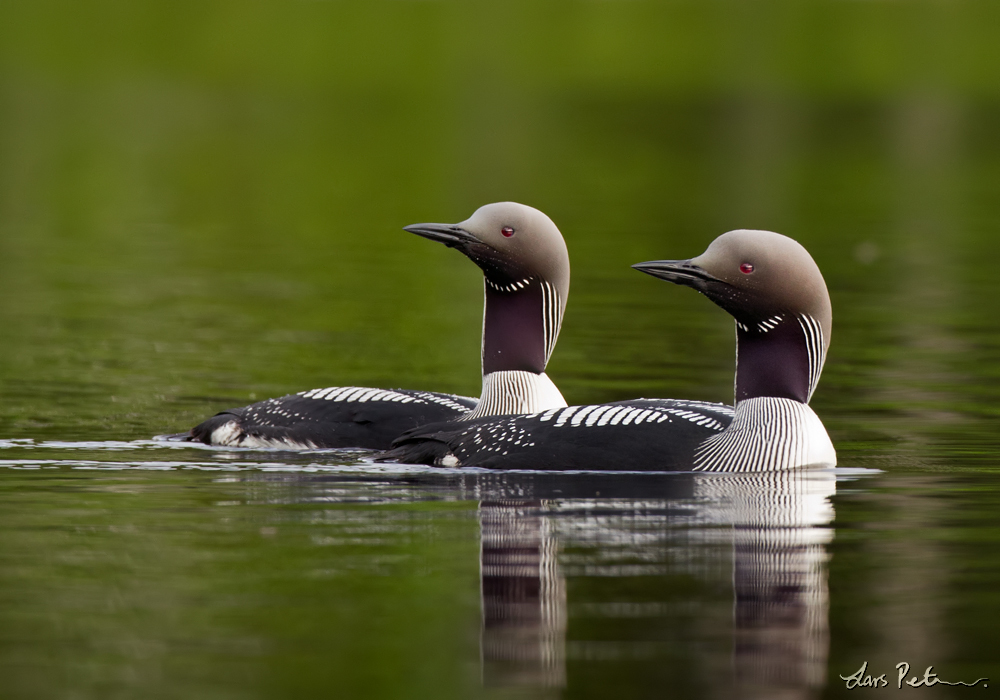
Blackthroated Loon Loons (Divers) and Grebes Swedish Birds Gallery My World of Bird
A medium-sized loon, widespread across Eurasia but rare and local in North America. All plumages have white "hip patch" usually visible on swimming birds. Breeding plumage striking with gray head, white-checkered back, and bold white lines on sides of neck. Nonbreeding plumage has fairly extensive white on face and an even border between gray and white on the neck. Smaller and sleeker than.
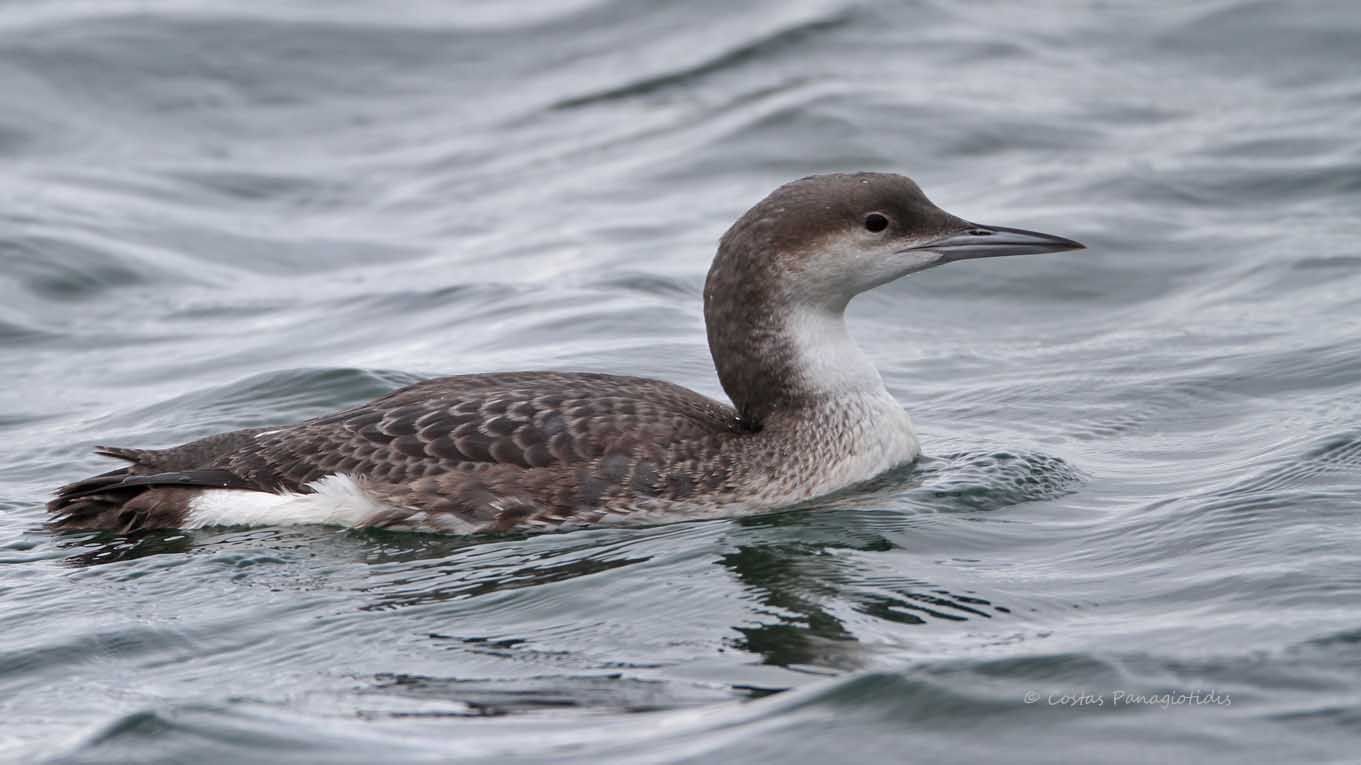
Black throated Loon Greek Nature Encyclopedia
The eerie calls of Common Loons echo across clear lakes of the northern wilderness. Summer adults are regally patterned in black and white. In winter, they are plain gray above and white below, and you'll find them close to shore on most seacoasts and a good many inland reservoirs and lakes. Common Loons are powerful, agile divers that catch small fish in fast underwater chases. They are.
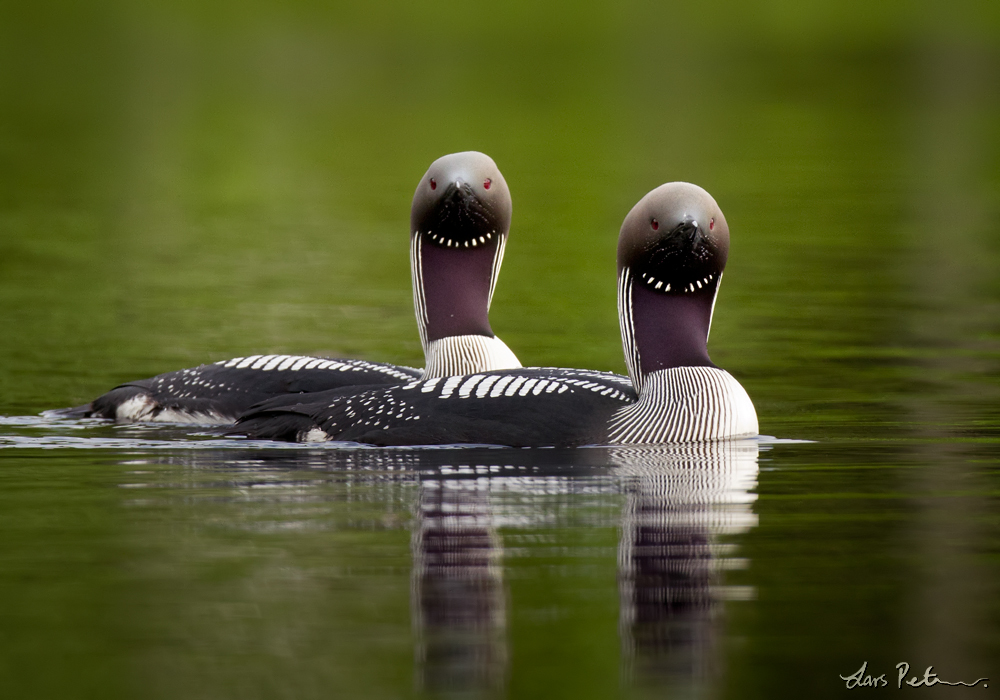
Blackthroated Loon Loons (Divers) and Grebes Swedish Birds Gallery My World of Bird
The black-throated loon, also known as the Arctic loon and the black-throated diver, is a migratory aquatic bird found in the northern hemisphere, primarily breeding in freshwater lakes in northern Europe and Asia. It winters along sheltered, ice-free coasts of the north-east Atlantic Ocean and the eastern and western Pacific Ocean.

Arctic Loon Pet birds, Beautiful birds, Bird pictures
The black-throated loon ( Gavia arctica ), also known as the Arctic loon and the black-throated diver, is a migratory aquatic bird found in the northern hemisphere, primarily breeding in freshwater lakes in northern Europe and Asia.
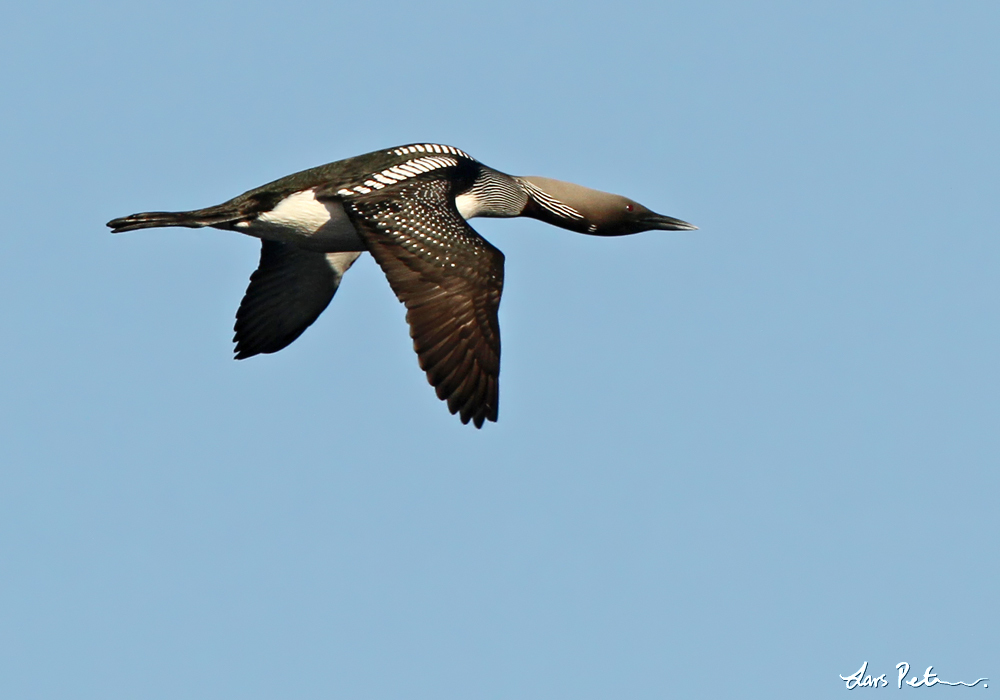
Blackthroated Loon Loons (Divers) and Grebes Swedish Birds Gallery My World of Bird
Red-throated Loon. Global Population: 200,000 - 600,000 North American Population: 14,000 - 120,000 Population. Note: In winter, the Common Loon's signature black-and-white plumage turns to dark gray except for the black throat and neck, which change to white. Yellow-billed Loon. Global Population Estimate: 16,000 - 32,000 North.
🔥 Black throated loon 🔥 r/NatureIsFuckingLit
7 mins to read Contents Share this article Get Inspiration For Education! Subscribe for virtual tools, STEM-inspired play, creative tips and more Subscribe The black-throated loon is one of the most interesting birds to read about. It also goes by the name of an Arctic loon or black-throated diver.

Black throated Loon Greek Nature Encyclopedia
Black-throated Loon The Gavia arctica that is known by the name of black-throated diver in Eurasia and Arctic loon in North America, is an aquatic bird of the Gavia genus. Two subspecies of this bird, the Gavia arctica arctica and the G. a. viridigularis are recognized. The birds are 58 to 77 cm in length.

Seabird of the month Arctic Loon/Blackthroated Diver (Gavia arctica) BirdLife International
The call of the Black-throated Loon is an evocative sound of the boreal lakes and wetlands of far northern Europe. The wild, plaintive cries of male loons carry long.more.more Loon call.

Blackthroated Loon storlom Gavia arctica Daniel Pettersson Photography
The black-throated loon (Gavia arctica), also known as the Arctic loon and the black-throated diver, is a migratory aquatic bird found in the northern hemisphere, primarily breeding in freshwater lakes in northern Europe and Asia. It winters along sheltered, ice-free coasts of the north-east Atlantic Ocean and the eastern and western Pacific Ocean.
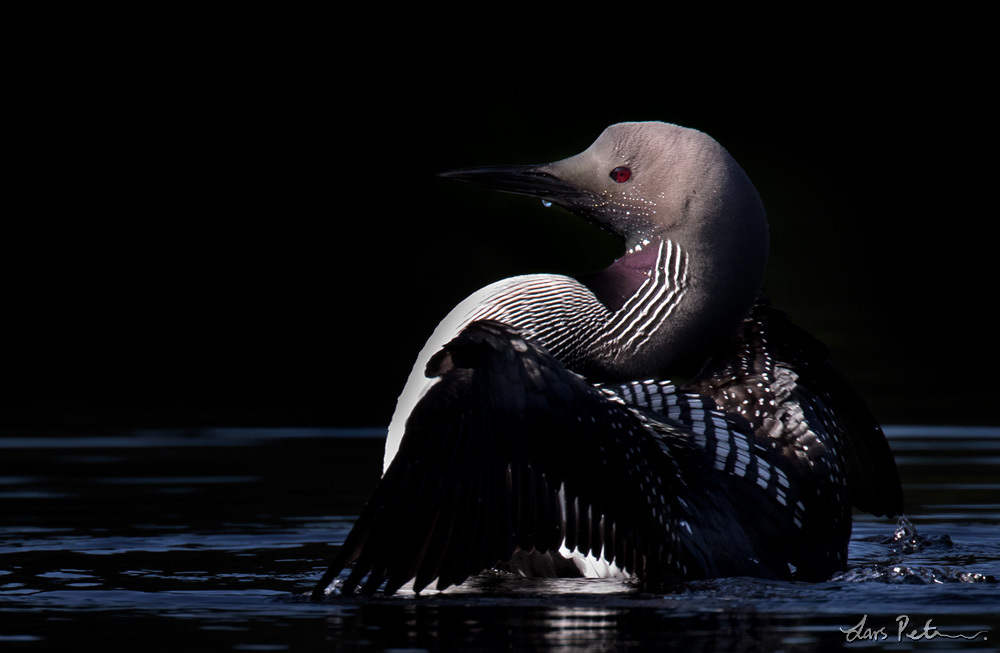
Blackthroated Loon Loons (Divers) and Grebes Swedish Birds Gallery My World of Bird
The black-throated loon ( Gavia arctica ), also known as the Arctic loon and the black-throated diver, is a migratory aquatic bird found in the northern hemisphere, primarily breeding in freshwater lakes in northern Europe and Asia.